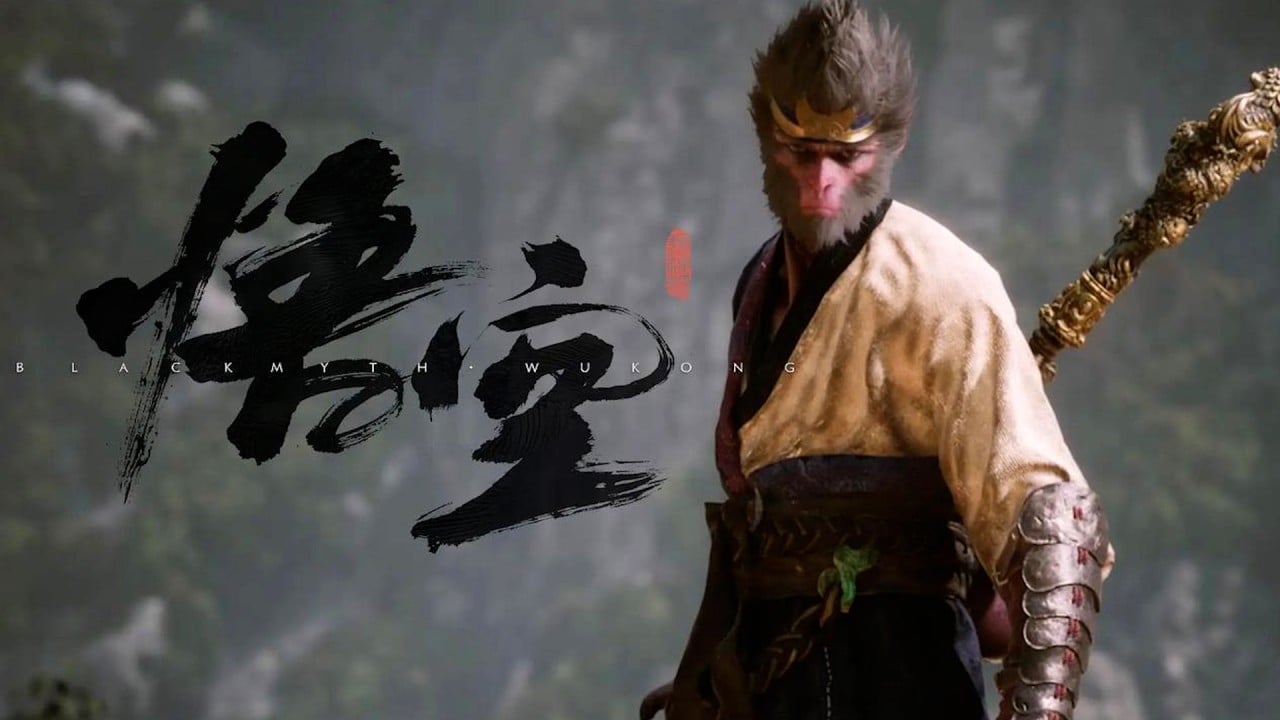Black Myth: Wukong is a good omen for some, but small Chinese game developers see obstacles

The response has been so enthusiastic that it has raised the hopes of China’s video gaming industry about the prospects of pulling off another big-budget blockbuster game that takes years to produce – the typical features of titles that get the unofficial AAA designation. But the excitement belies the numerous challenges that remain for the industry, including strict government censorship, a conservative culture and a propensity to find the quickest route to monetisation.
Game Science’s 42-year-old CEO Feng Ji, the other co-founder, never expected his company to cause such a stir when the game designer left Tencent with Yang a decade ago to start the studio. Two years after its founding, the entrepreneur laid the seeds for a fateful decision that would go against the grain of China’s video gaming market.
“We had discussed this for a long time,” Feng told Chinese video gaming news outlet Chuapp. “The other day I was looking through the business plan written when we raised funds in 2016, one-third of which we wanted for making single-player games.”
China is best known for its online free-to-play games that derive most revenue by selling in-game items. These include Tencent’s PUBG Mobile and miHoYo’s Genshin Impact. Game Science was betting that there was a market for a sprawling single-player 3D action role-playing game that would ultimately be sold for US$38 a pop in China and US$60 in the US, the standard price for new AAA titles.
Over the course of six years of development, the team working on Black Myth grew from 13 to more than 140. The estimated budget was more than 300 million yuan (US$42 million), a big upfront investment in China but a figure that comes in well below development costs of major titles overseas, such as Cyberpunk 2077’s reported budget of more than US$400 million.
The bet has paid off, and Chinese gamers have been exuberant about the graphics and gameplay.
Black Myth may also be benefiting from broader industry trends. It aligns with the “general popularity of Souls-like games in recent years”, according to Cui Chenyu, a senior analyst at research firm Omdia. Souls-like games are a subgenre of action role-playing games known for their difficulty and dark fantasy settings, and are named after FromSoftware’s Souls franchise.
“Its success is a mix of inevitable and accidental factors,” Cui said.
Another factor is the slowing growth in China’s 300 billion yuan video gaming industry. Sales in China, the world’s second-largest video game market by revenue, grew 2 per cent to 147 billion yuan in the first half of 2024. A decade ago, the industry saw 40 per cent annual growth when smartphones were bringing millions of people online.
In a way, Black Myth is a shot in the arm to an industry that has reached maturity and has recently been looking to cut costs, according to Cui.
The game has also acted as “a proof of concept for expansion beyond mobile gaming” in China, said Mio Kato, founder of Tokyo-based LightStream Research.
“From the data that I have seen, Black Myth: Wukong is a clear hit overseas as well as in China, but it is unlikely that it would have reached megahit status without the domestic Chinese market,” Kato said. “For a first title, the sales are extremely impressive and record-setting given that most [properties] tend to see sales grow for the first two to three iterations of a franchise.”
“When I entered the gaming industry in 2017, it was relatively easy to get licences, as it usually took about two or three months. But around 2018, authorities suspended the process,” said Sherry Wang, who has been a game publishing manager in Shanghai for six years. “All of us were so panicked at that time.”
Censorship of game content has also intensified. “You don’t want to engage in historical nihilism, you don’t want to stir up politics, you don’t want to offend religion,” Wang said.
Censorship has traditionally covered supernatural elements such as ghosts. Final Fantasy XV replaced skeletons with other creatures to get a China release.
Black Myth is full of its own supernatural elements such as gods and a headless monk, but its ties to traditional Chinese culture may have benefited the game as Beijing tries to bolster its soft power overseas. The game is inspired by the 16th century novel Journey to the West, one of the most influential pieces of literature in East Asia.
“The country encourages game companies to go overseas and it also supports video games as a carrier to show China’s soft power to the world,” said Zhou Huaming, a Shanghai-based game developer who has worked in the industry for 18 years. “So for a game that can meet these two requirements, regulators are quite willing to issue a licence.”
Still, Game Science appears to have made some changes for the domestic market. The “wine” in the PC version sold on Steam is labelled “sweet dew” in the version sold through Tencent’s WeGame store.
The company has also been caught up in controversies stoked by concerns of regressive policies in China regarding gender equality, such as President Xi Jinping’s push to increase birth rates and crack down on feminist movements over the past several years.
Some video streamers who received advanced access to Black Myth were sent an email telling them to avoid topics including “feminist propaganda”, politics and Covid-19, according to screenshots shared online.
Yang had previously come under criticism for sexist remarks he allegedly made years ago, which include posts from social media claiming men and women are biologically driven to like different games. A report from video gaming news site IGN last year detailed a sexist culture inside the studio, which women in China had previously tried to draw attention to with calls for a boycott of Black Myth: Wukong.
The unprecedented nature of the game has overshadowed those concerns. It is one of the bestselling Chinese PC games ever and it has received critical acclaim around the world.
With all the challenges to producing such a game in the current environment, Black Myth’s success looks almost like a miracle, raising questions about when China might see another hit game on this scale.
“Even if I have the ability [to develop such big projects], I don’t dare to,” said Zhou, the Shanghai-based game developer, explaining the risks involved in China’s unpredictable video gaming industry. “The first thing we look at when starting a AAA project is the cost-benefit ratio.”
“Big companies that have other businesses may survive, but small game studios are not that lucky,” said Sherry Wang, the game publishing manager. “Sometimes when the studio finally got approval to launch the game, they have already run out of money to operate.”
Game Science may not have been able to pull this off without backing from Feng and Yang’s former employer, the world’s biggest gaming business by revenue. Tencent promised not to interfere in the start-up’s operations and offered technical support for Unreal Engine, the computer graphics game engine developed by Tencent-backed Epic Games, Feng said on the question-and-answer platform Zhihu.
While this and what industry insiders describe as a certain serendipity about Black Myth have made the game a hit, some remain optimistic about the industry seeing another AAA game within a few years.
“The success of Black Myth will definitely bring more funding into the sector, which will make more game developers willing to try to develop such big projects,” Zhou said.
Omdia’s Cui estimated that another Chinese AAA game would take at least two to three years.
“I’m not that positive because the development period and huge investment needed for AAA games are not something that ordinary developers can afford,” she said.
Feng, now enjoying the fruits of his labour 10 years after starting Game Science, has taken a more serene view.
“It is more important to embark on the journey to obtain scriptures than to arrive at Mount Lingshan,” he recently told state media Xinhua, referring to the destination of the characters in Journey to the West.
Source link




